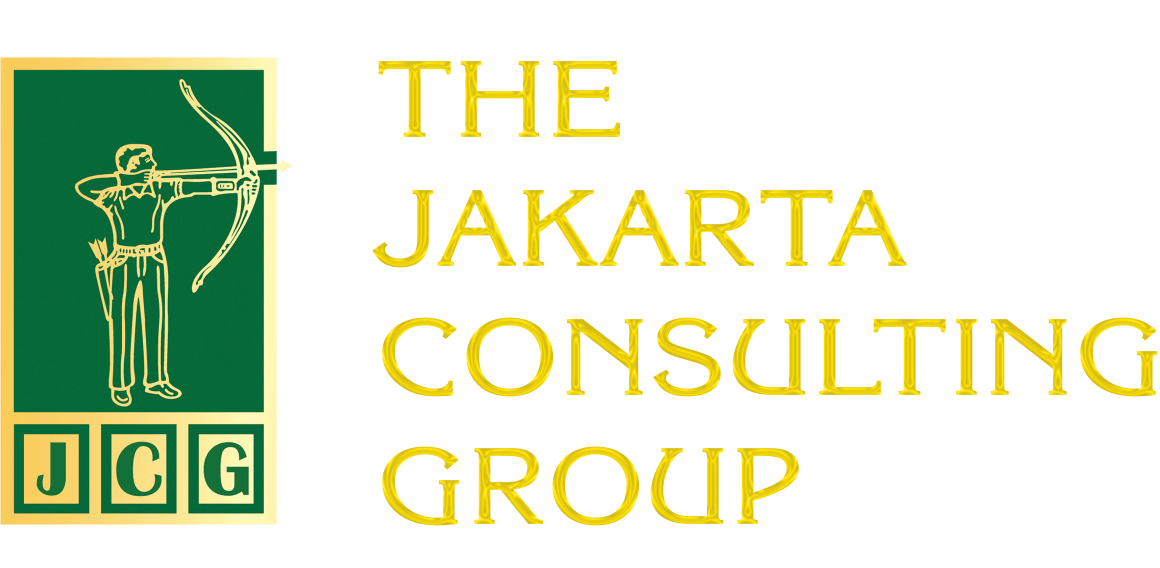In the course of a family business, there comes a time when a founder is faced with a decision that is not only strategic but also emotional: when to relinquish leadership. This decision is rarely easy. For many founders, the business is part of who they are a representation of their vision, hard work, and values.
However, staying too long can threaten the future of the company and the family legacy. The most successful family businesses are usually those whose founders are able to transition wisely, choose the right time, and move into new roles to ensure continuity and drive innovation.
The Emotional Dilemma of Letting Go of a Family Business
For most founders, stepping down feels like losing part of their identity. Over the years, they have built not only a company but also a reputation and a lifestyle. The boardroom, production floor, or retail store have witnessed their dedication—often with significant personal sacrifices.
The process of relinquishing control of a family business is often fraught with emotional turmoil. They worry about becoming obsolete. Questions like “What will I do after I’m no longer in charge?” often haunt them. They also frequently doubt the capabilities of their children or successors. Can their children maintain their parents’ achievements? It is not uncommon for them to believe that only they are capable of running the company.
While these feelings are human, delaying the succession process can lead to stagnation, conflict, or even business decline.
Knowing the Right Time to Step Down
There is no set timeline for when a family business founder should step down, but certain signs can serve as indicators.
1. Energy and health are declining

Leading a business requires high stamina. If the founder is feeling exhausted from dealing with the demands of growth, daily decision-making, or crises that arise, it may be time to pass the leadership baton to someone else.
2. If the leader starts rejecting new ideas
Innovation is key to the long-term survival of a family business. If the founder tends to resist changes such as digitization, sustainability initiatives, or new business models proposed by the next generation, the company risks falling behind its competitors.
3. The business is becoming more complex
As a business expands to a regional or global scale, operational complexity can become too much for the founder to handle. At this point, professional managers or younger generations with more relevant skills may be better equipped to manage these challenges.
4. Successors are ready
If potential successors to the family business have external experience, are respected by employees, and demonstrate maturity in leadership, the transition can be made.
5. Stagnant business
If the company’s growth has stagnated and the founder has run out of ideas to drive the business forward, it may be time to give someone else the opportunity to bring fresh ideas and reinvigorate the company.
Carving out a new role for retiring family business founders
Stepping down from an operational role is not the end of one’s contribution. Rather, it is the beginning of the founder’s ability to play strategic roles. On one hand, these roles continue to reflect appreciation for the founder’s legacy. On the other hand, the next generation remains empowered. In other words, these roles allow the founder to remain influential without hindering the progress of new leadership.
Becoming a Mentor

The wisdom gained from experience is an invaluable asset for family business founders. As mentors, they can guide successors, provide historical context for every decision, and accompany them as they face complex challenges. The key to this role is restraint; a mentor must empower, not control the details.
Transitioning to a Governance Role
Moving into a position such as Chair of the Board or Non-Executive Director is a natural step. Here, the focus shifts from day-to-day operations to strategic oversight and ensuring the company remains true to its core values. This position allows founders to maintain their vision while entrusting executive decisions to their successors.
Family Unifier in the Family Council
In family businesses, maintaining harmony among family members is often as complicated as managing the business itself. A founder who has stepped down from their position as CEO can become a unifying figure and respected advisor in the family council. This role ensures that conflicts are resolved constructively and that the entire family remains united in pursuing common goals.
Ambassadors of Values and Legacy
Founders are living proof of company values such as discipline, integrity, and perseverance. As ambassadors of the legacy, they remind everyone—employees, customers, and successors—of the principles that built the business. Through stories, cultural rituals, and community involvement, they remain an active moral compass.
Pioneers of Philanthropy and Social Impact
Many founders channel their energy into philanthropic activities. By pioneering foundations, scholarships, or community projects, they expand the company’s positive impact beyond profits while finding new meaning in their post-leadership lives.
Special Advisors for Strategic Expansion
For certain strategic projects, such as expansion into new territories or negotiations with long-standing partners, the founder’s credibility and network are valuable assets to the family business. Serving as a special advisor in this realm provides value and continuity, without diminishing the authority of the new CEO.
Balancing Influence and Letting Go
The biggest challenge for family business founders is fighting the urge to interfere. A successful transition requires clear boundaries.
Once a successor is appointed, everyone must know who has the final say. Founders should avoid actions that could overshadow or override the successor’s decisions.
Formalizing the new role is essential. Whatever the new role is, it should be clearly documented to prevent ambiguity and overlapping authority.
Allow Successors to Learn from Mistakes. Every leader makes mistakes. Intervening too quickly will only hinder the successor’s learning and development process.
However, managing transitions in family businesses is often fraught with emotional dilemmas. The decision to step down and make room for the next generation is often not as easy as it sounds. In this case, professional consulting services can be a solution because they can provide an objective perspective without getting caught up in family dynamics.
Jakarta Consulting Group (JCG) is an experienced consultant in family business management and sustainability, ready to provide the right, neutral, and future-oriented strategies. We are ready to help you determine the ideal time for the founder to step down and design the best strategy to make way for the next generation so that the transition runs smoothly and the business continues to grow. Contact us now for further consultation.
#family business #founders #leadership #family legacy #emotional dilemmas #succession #stepping down #the right time #successors #new roles #mentor #governance #family unifier #family ambassador #philanthropy #formalization
Related Posts:
Family Business: Should Leadership Always Stay in the Family?
Organizational Structure in Family Businesses: Formal on Paper, Personal in Practice
The Dynamics of Family Business: The Unexpected Role of the In-Law
Why Are SOPs Often Challenging to Implement in Family Businesses?
THE JAKARTA CONSULTING GROUP PRESENTS











